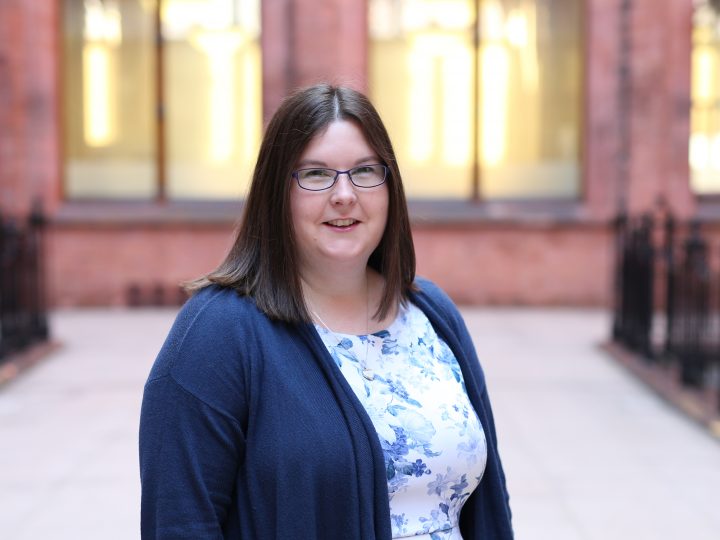Over the last two years, Golin has trained 16 people as MFHA (Mental Health First Aiders) as part of our commitment to improving workplace mental health awareness. Our MFHA’s play a vital role in the office, from breaking the stigma of mental health to supporting those during times of increased stress. We asked Kerry Prager, senior production manager, to share her experience of becoming a Mental Health First Aider at Golin and how her training has helped both at the office and beyond.
“I didn’t quite know what to expect from Mental Health Training, but found it invaluable to understand the mental health conditions that many people deal with every day. The two-day course was extremely intense and thought-provoking. On a personal level, it left me feeling emotionally drained, but it truly gave me a greater understanding of mental health, the possible triggers and red flags, as well as the tools, techniques and confidence to assess when a colleague may be experiencing a crisis.
Being a Mental Health First Aider does not give you any professional qualification. You are simply a facilitator for people to go to (or you to them), and to share resources available. Now more than ever I understand the importance of opening up the dialogue about mental health to reduce the stigma of talking about this openly in the workplace. I have also been able to support my friends and colleagues from a mental-health perspective.
The goal is to listen and communicate to make a person feel heard and supported in a non-judgemental manner. To keep having that dialogue with them, and to show them support and understanding in a safe space. A colleague may seem to be underperforming when usually they are seen as reliable, resilient and a good worker. Instead of coming at them from a business point of view to get them to perform better, we turn it around – take them out for a coffee, see if they open up to why they might be struggling.
It’s our role to see beyond workplace reasonings as to why somebody may be underperforming. If their habits have changed, or if they really don’t seem themselves, we ask ourselves and them, why? They may have experienced a tragic event, suffer from anxiety, or be receiving treatment for depression, or bipolar. If and when they open up, you work through possible solutions – to make it easier for them to adapt to whatever situation they may be experiencing.
I have mentored colleagues with various conditions, including [experiencing] anxiety, trauma, bereavement and depression. It has also helped me personally, with a family member who was having suicidal thoughts. I was able to talk to them to make sure they were in a safe environment, that they weren’t alone and if I could call an ambulance for them. Without the training I had, in all honestly I wouldn’t have known how to approach someone feeling that low.
Having a mental-health condition should be treated with the same respect and care as any other physical illness. Just because you cannot see their condition, doesn’t mean that it isn’t there, or that it has gone away. Everybody is different, and everybody has the right to a career in an organisation that supports them both professionally and mentally. It should go hand-in-hand.”
FIRST SEEN IN PRWEEK HERE.
